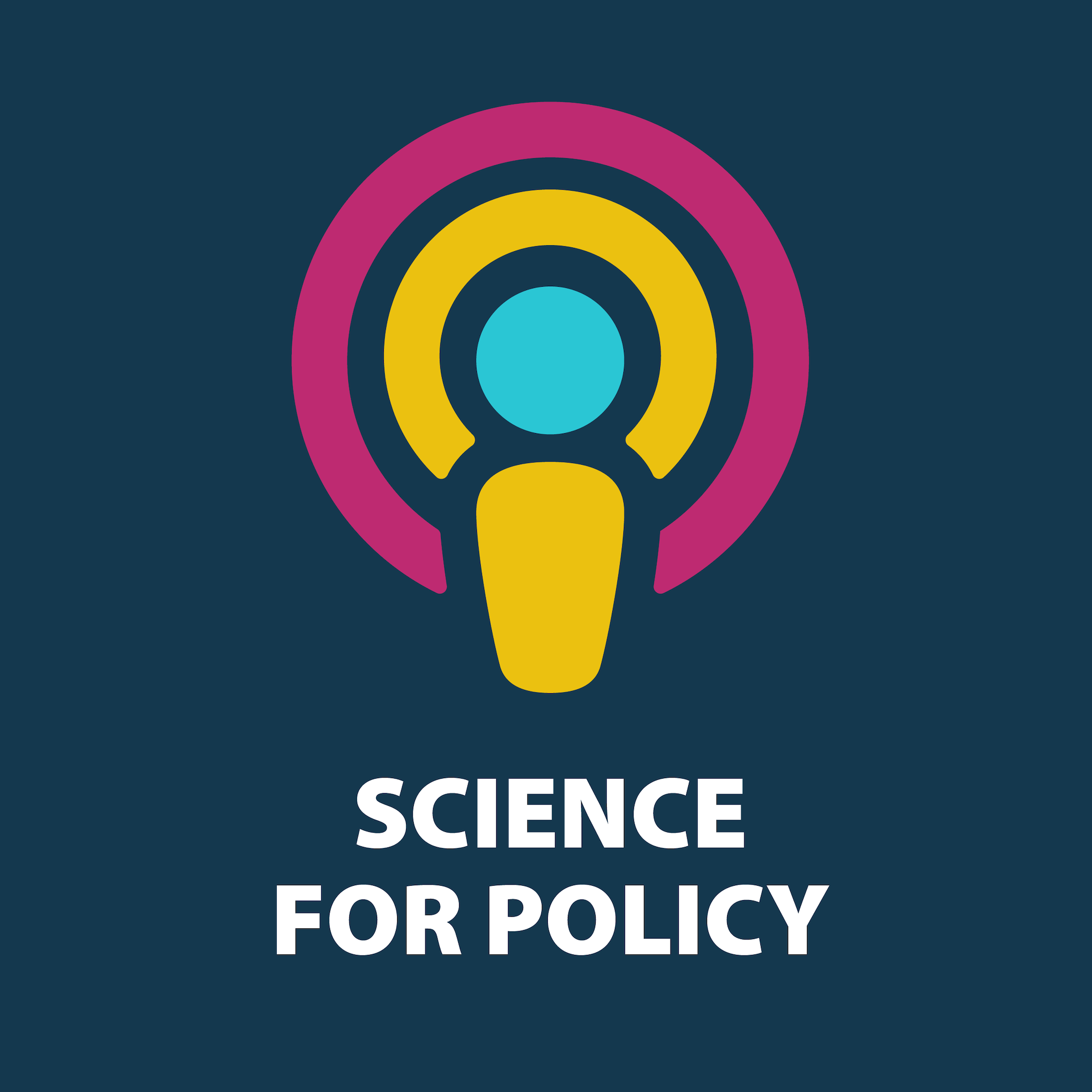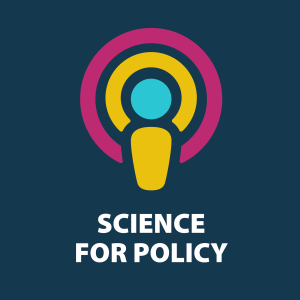
How far should we rely on science to make political decisions? What makes a good science advisor — or a good science advice system? What do we do when the evidence is incomplete or controversial? What happens when science advice goes wrong and how can we fix it? We explore these questions, and many more, in conversation with the researchers, policymakers and communicators who make science advice happen around the world. The Science for Policy podcast is produced the Scientific Advice Mechanism to the European Commission and hosted by Toby Wardman. The many and varied opinions expressed on this podcast are those of the guests themselves. They do not necessarily represent the views of SAPEA or the European Commission.
Episodes

Monday Nov 01, 2021
Thea Snow and Adrian Brown on different sources of knowledge for policy
Monday Nov 01, 2021
Monday Nov 01, 2021
We all know that scientific evidence is just one of many inputs into policymaking. But what if the notion of evidence itself is too narrow? Are there reliable sources of knowledge other than 'evidence', and if so, how can they be integrated into the policymaking process alongside the theories and data offered by science?
At the Centre for Public Impact, Adrian Brown and Thea Snow work to broaden policymakers' understanding of the kinds of knowledge that governments can work with. In this episode, they talk to Toby Wardman about how the world of science advice can adapt to this broader understanding too.
Resources mentioned in this episode
- Centre for Public Impact: https://www.centreforpublicimpact.org/
- 'Braiding sweetgrass', by Robin Wall Kimmerer: https://milkweed.org/book/braiding-sweetgrass
- 'Seeing like a state', by James Scott: https://yalebooks.yale.edu/book/9780300078152/seeing-state
- The Cynefin framework: https://www.cognitive-edge.com/

No comments yet. Be the first to say something!